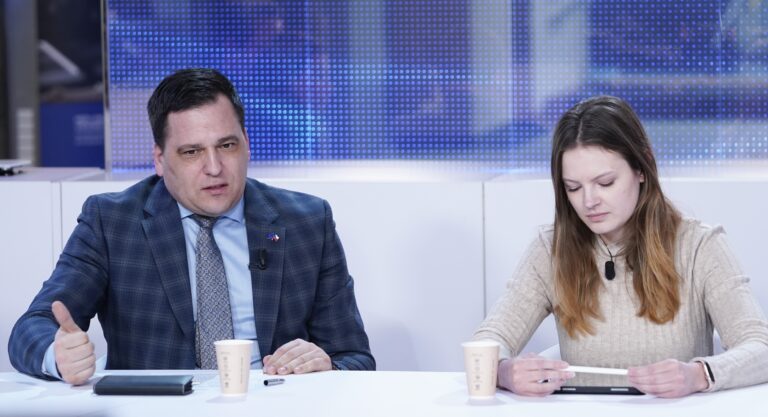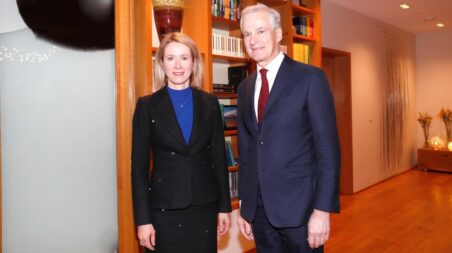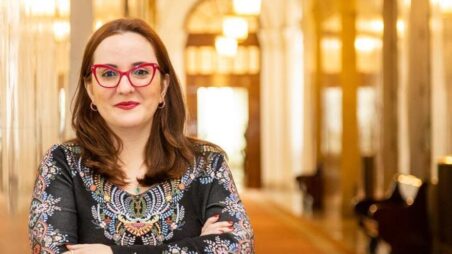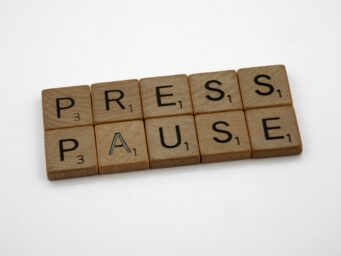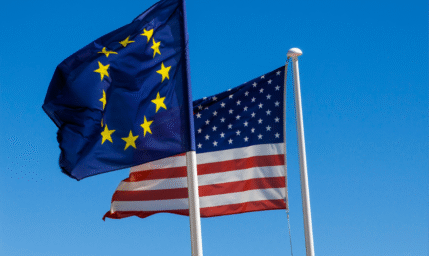Nothing less than the rule of law and, consequently, the future of European democracy, is at stake in the current EU struggle to come to terms with the impact of the past decade’s massive immigration, MEP Tomáš Zdechovský (EPP/CZE) told the latest episode of the EU Perspectives podcast. The debate, held in the European Parliament in Brussels, featured his fellow MEP Lukas Mandl (EPP/AT); Katarína Cséfalvayová, Director of the Institute for Central Europe; Camille Le Coz, Director of Migration Policy Institute Europe; and Başak Yavçan, Head of Research of the Migration Policy Group.
When it comes to the European Union’s migration policies, Mr Zdechovský sees danger. The Czech EPP Member of the European Parliament sounds the alarm bell, above all, about the response inside various EU member states the current messy state of affairs may well elicit.
“Of course, if you have some other MEPs, they will start (speaking about) other issues. But from my view of the politics in a central European country, such as the Czech Republic, I think that security and immigration are very closely linked to many other topics,” the MEP replied when asked just how important it was to focus on European migration policies.
“It’s one of the most important topics because all populist parties are rising on it. It’s very easy to say ‘he is different, so why does he have the privilege to stay?’,” Mr Zdechovský offered his trademark succinct description of the complex issue in question.
Keep the smugglers out
Then he went on to scrutinise the policies themselves in greater detail. “I think that we need to have a really clear immigration system (to distinguish) legal and illegal purposes. As to legal migrants, we are asking now for more doctors, nurses… For people who are professors, who teach here, engineers, etcetera, it must be easy to cross the borders,” he said, before advocating for a more assertive return policy.
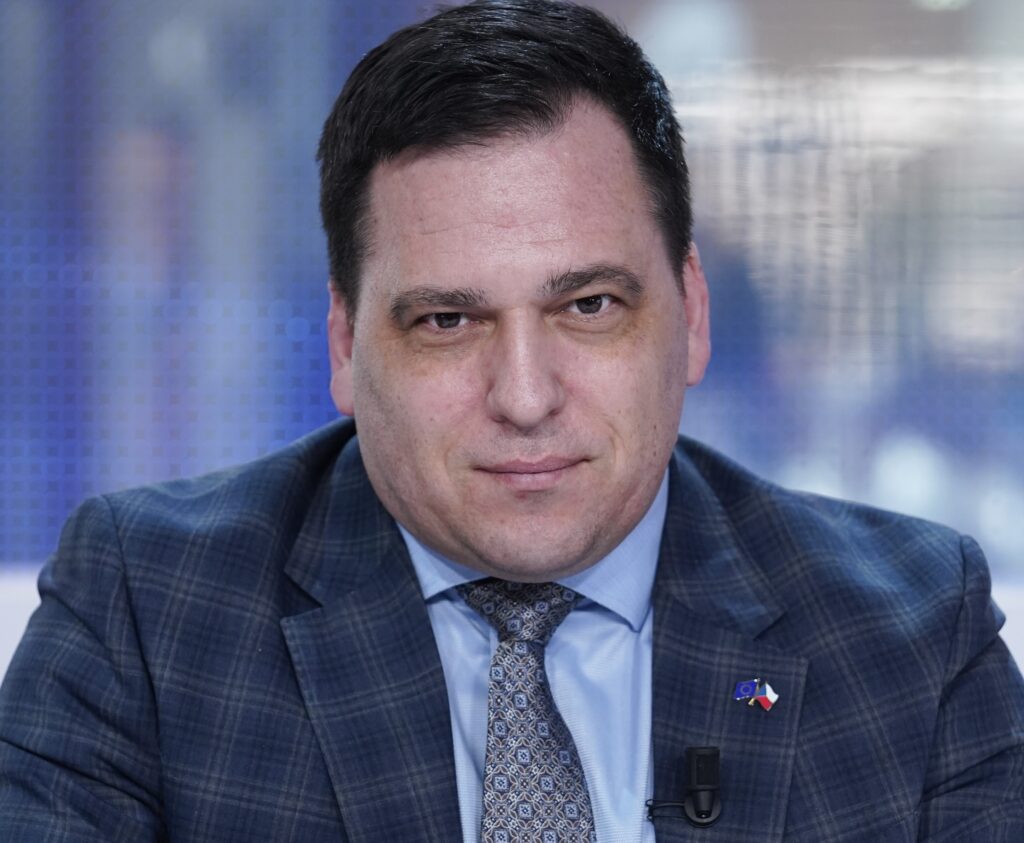
“For people who are illegals, who really are smugglers, or the tools of the smugglers, and they are crossing the borders – we have to stop them, and we have to send them home,” the MEP said.
As it transpired, Mr Zdechovský had broader issues in mind. “I think the most important thing is that Europe must be safe. It must really be prepared to face the fact that on the border between Belarus and Poland, illegal immigration is used as part of the hybrid war,” the MEP connected the dots, pointing out the suspicion that the government of Belarus was actively encouraging refugees mostly from the Middle East and North Africa to cross the country’s Lithuanian, Polish and Latvian borders in order to sow division among the EU members states.
You might be interested
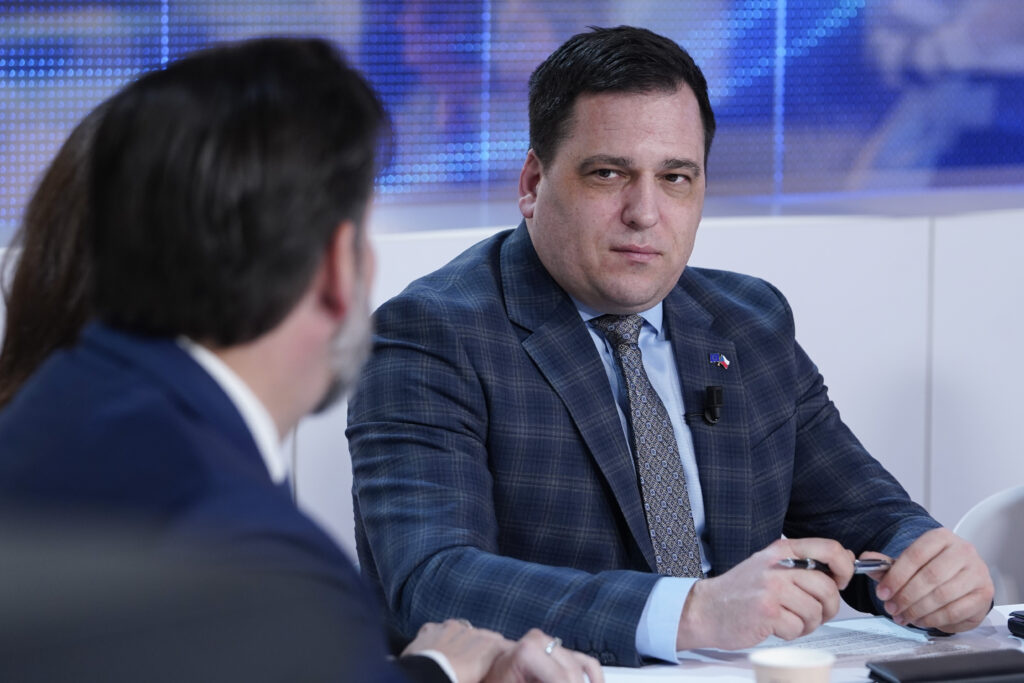
His view was shared among the podcast participants. Ms Cséfalvayová of the Institute for Central Europe expanded on the issue: “Our adversaries, whether it is Russia or other players in the international arena, have identified that this is the pain point in the European Union, a point where disinformation campaigns can be run very successfully. This is also a topic where European citizens can go against one another,” she warned.
In response to the multiple threat, the European Commission is proposing a legislative framework for a new Common European System for Returns to increase efficiency of the return process by providing member states with clear, simplified and uniform rules for managing returns in the form of a regulation. Mr Zdechovský was optimistic when asked about the chances of the proposal to pass through the co-legislators, the Council of the European Union and the European Parliament.
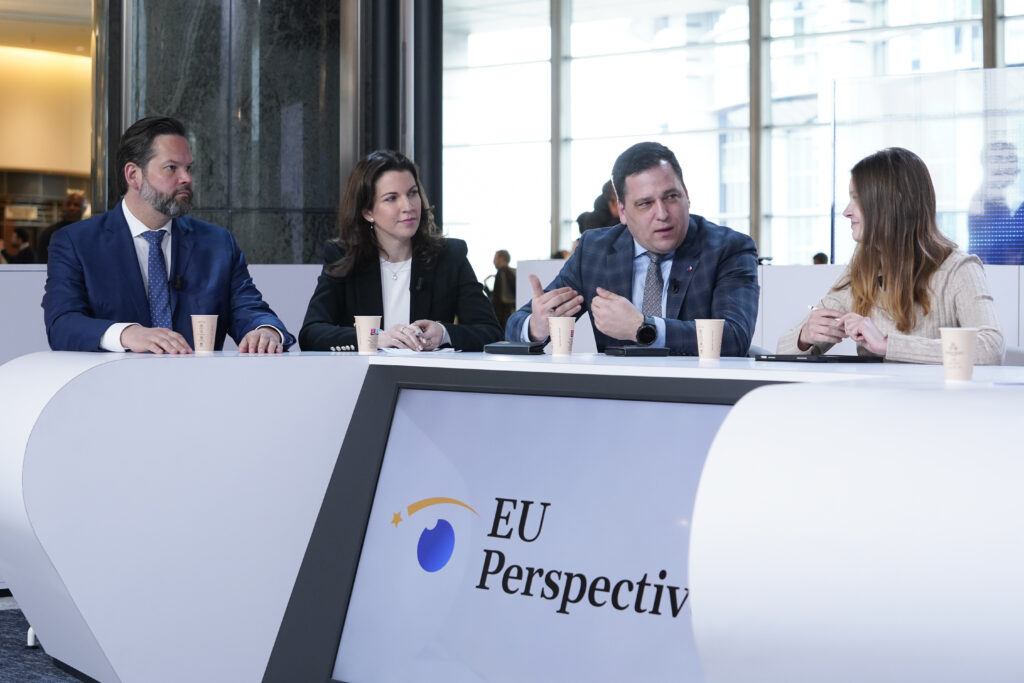
Return policy is essential
“I think that the return policy is the key,” the member said. “Also, this is something that is essential, and was well discussed, starting in 2015, 2016. It’s not something new, and I think that the proposal is logical.”
At this point, Lukas Mandl, his fellow EPP Member from Austria, agreed wholeheartedly. “I think it’s a good one. It’s why I call it a positive surprise, because I’ve been here in this Parliament for seven years and a half by now. I’m the longest standing Austrian Member of the European People’s Party group, and I was used to some controversial proposals by the Commission in the past,” Mr Mandl said.
Immigration has proved to be a highly divisive issue, fostering political tribalism like few others. “I disagree with 99 per cent of comments from the right wing (…),” Mr Zdechovský, who hails originally from the Czech Christian Democrats, stressed. “(But) it’s not possible that if I take someone out of Sweden, he will come to Belgium or the Netherlands or Germany and he will continue in the second, third or fourth (country, seeking asylum there). And I think it’s really a shame for Europe in the 21st century that the system doesn’t work together,” he said.
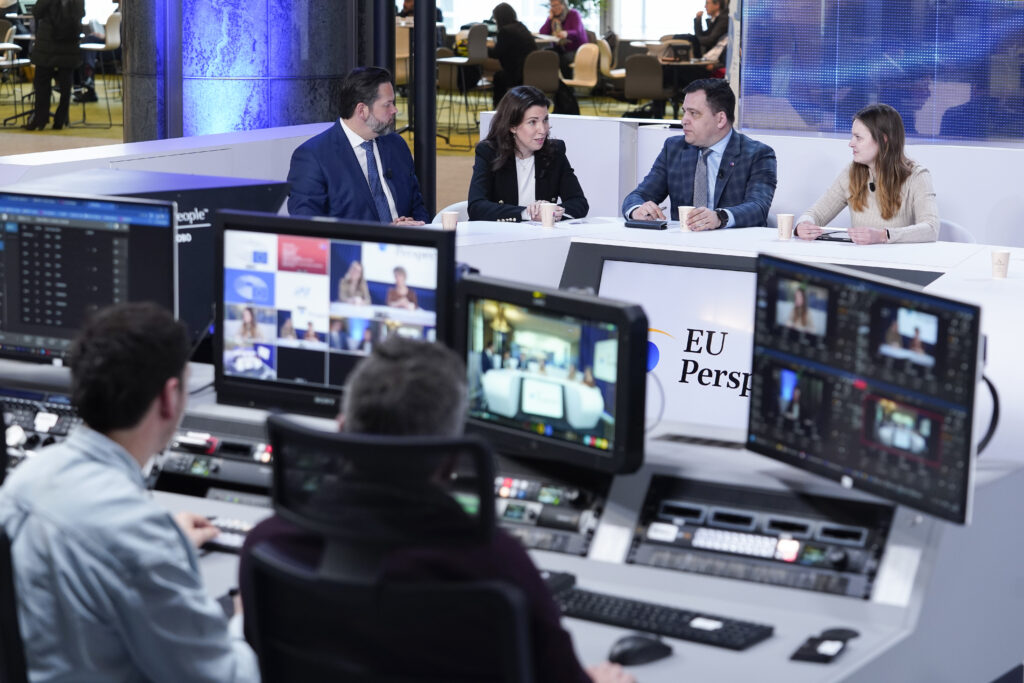
The MEP then elaborated on the possibility of dispatching denied asylum seekers into third countries. “It’s essential, especially in these times, not to be naïve. (…) I think we can do a very good agreement with the third countries. We can participate in this process of reintegration. We can really use a lot of tools with the third countries to make a dialogue,” he suggested.
Return hubs doubted
Ms Le Coz of the Migration Policy Institute Europe, on the other hand, was skeptical to such an arrangement. “Will that be a stop and then they will be returned? The EU legislation was preventing it so far,” she said. “I think most likely they will happen at bilateral level because it will be extremely challenging for the EU to negotiate an EU wide agreement. We can see how it went with other models, different but similar,” she mentioned the British dalliance with the idea of setting up a refugee camp in Rwanda, and a similar deal discussed tentatively by Italy and Albania. “The question is like, is that really going to help?” Ms Le Coz asked.
Ms Yavçan of the Migration Policy Group answered in the negative. “This point really touches upon the issue where the previous externalisation models actually have shown us that it’s not always effective. A lot of times these agreements – with third countries to keep refugees within their borders in return for financial assistance – have backfired,” she voiced her concerns.
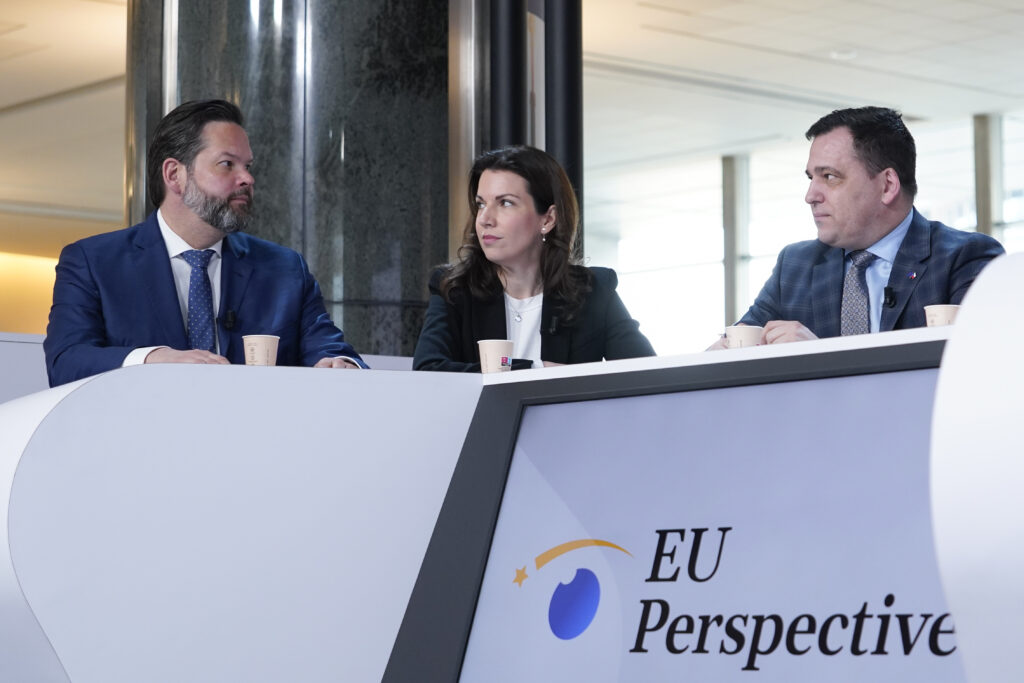
On another subtopic featuring prominently in the podcast, Mr Zdechovský appeared ready to accept the Polish government’s flat-out refusal to comply with the EU Migration and Asylum Pact (to which the common return policy proposal pertains). “You have to understand the situation of Poland,” the MEP said. “Because you have a hybrid war on the border, and Russia and Belarus are really using the illegal immigration every day to try the Polish government. And I think that you are facing a situation there that Russia is bringing the illegal migrants from Pakistan, Afghanistan, Sri Lanka, Iraq, Iran.”
The rule of law is under threat
That threatens the rule of law, which is a cardinal threat to European democracy, Mr Zdechovský warned. “We have now a clear position for all of Europe how to behave, and now we have to follow it, and to get through with it. Because if we want to keep the Schengen area, we need to do something,” he put it bluntly.
“I think the time for action is now,” the Czech MEP added. The need for decisiveness is all the more urgent, in his view, given the rise of populist parties in European countries. “I think that AfD will be next biggest party in Germany. Austria has it – your FPÖ,” he turned to Mr Mandl, his Austrian colleague, “which really is against the system. Or the parties in France and in other countries that are still growing,” he sketched a grim picture of Europe’s current political landscape.
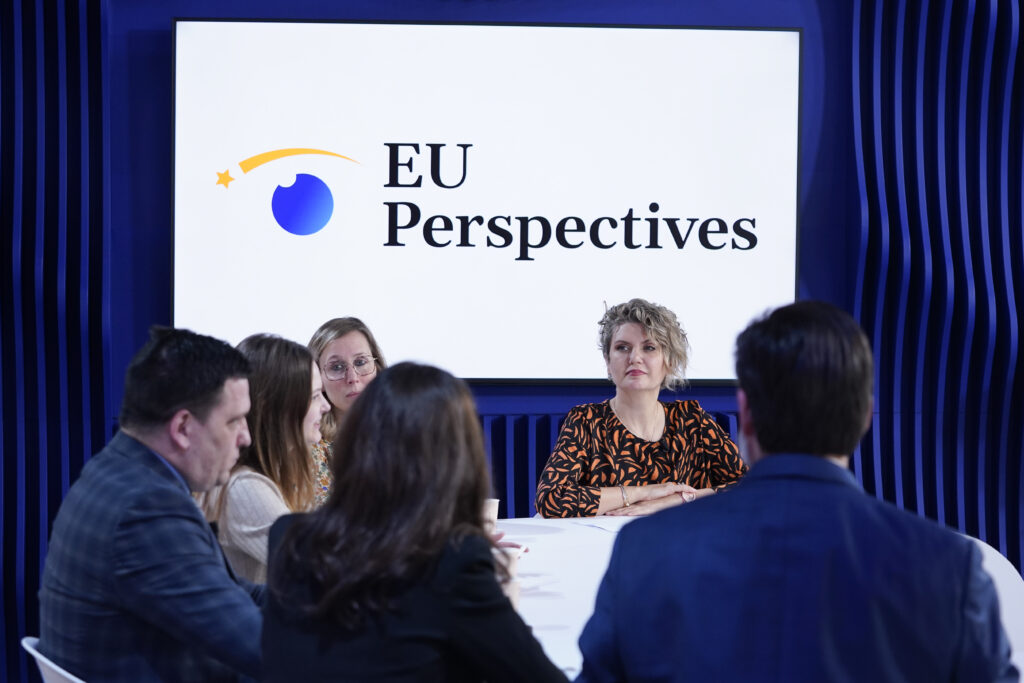
“If we don’t have the rule of law in our countries, we will not really respect some of the rules that we have,” he summed up the topic. “Then, democracy disappears (in favour of) some authoritarian regime that will declare: ‘I will solve it!’ We know this from some Central European countries. We know from Slovakia that there is a prime minister who can solve everything, including the world peace. We know it from Hungary. We know it from the Czech opposition party,” the MEP drove the point home with brutal honesty.
